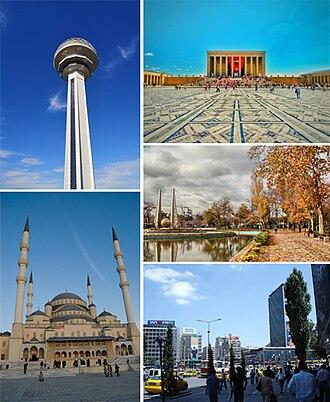Turkey’s New Policy Direction: Backing SDF Integration into Syria’s Defense Forces
In a notable geopolitical development, Turkey has shifted its stance by endorsing the incorporation of the Syrian Democratic Forces (SDF) into Syria’s official military structure. This announcement, emerging from recent high-level talks between Ankara and Moscow, signals a departure from Turkey’s historically adversarial position toward Kurdish-led groups in northern Syria. As the Syrian conflict persists with fluctuating alliances and ongoing instability, this endorsement could significantly alter both military alignments and political negotiations within the region.
Turkey’s recalibrated approach appears motivated by multiple strategic considerations: securing its southern border against spillover violence, fostering closer ties with Russia amid their shared interests in Syria, and addressing concerns over Kurdish autonomy that Ankara has long viewed as a security threat linked to the PKK insurgency. By advocating for SDF integration under Damascus’ command, Turkey aims to reduce unilateral Kurdish control while promoting a more centralized defense framework.
- Strengthened Regional Security: A unified Syrian defense force including the SDF may enhance stability along volatile frontlines.
- Easing Ethnic Tensions: Formalizing Kurdish participation could help bridge divides between Damascus and Kurdish factions.
- Geopolitical Repercussions: This shift might influence U.S. policy calculations as Washington reassesses its role vis-à-vis Turkish-Russian cooperation in Syria.
The evolving dialogue between Ankara and Moscow will be pivotal in shaping how this integration unfolds—potentially redefining power balances not only within Syria but across broader Middle Eastern geopolitics.
Regional Security Implications & The Future of Kurdish Autonomy
The prospect of integrating the SDF into Syria’s national defense carries profound consequences for regional security dynamics and particularly for Kurdish self-rule ambitions. Turkey’s newfound support reflects an alignment with Russia that may marginalize traditional Western backers of Kurdish forces such as the United States. This realignment risks diluting Kurdish leverage in future political settlements while reshaping military collaborations on the ground.
This strategic pivot entails several critical outcomes for Kurds in northeastern Syria:
- Diminished Negotiation Power: With formal absorption into state structures, autonomous governance claims by Kurds could weaken substantially during peace talks or constitutional reforms.
- Tensions with Turkey Persist: Despite cooperation on integration, underlying mistrust remains; any perceived erosion of autonomy might provoke renewed hostilities or unrest among Kurdish factions.
- Evolving International Alliances: Shifts toward Turkish-Russian consensus may isolate Kurds from previous allies like Washington or European capitals supporting their self-administration efforts.
| Potential Developments | Description |
|---|---|
| Synchronized Military Operations | An increase in joint missions involving Syrian government forces alongside integrated SDF units is likely to emerge as part of coordinated security efforts. |
| Kurdish Diplomatic Isolation | Kurdish groups risk losing external diplomatic backing due to shifting regional allegiances favoring centralized control under Damascus aligned with Ankara and Moscow interests. |
| Changes to Local Governance Models | The redistribution of authority following integration may lead to restructuring local administrations previously dominated by autonomous councils led by Kurds. |
Strategic Diplomatic Approaches: Harmonizing Interests Between Turkey and Syria
Navigating this complex transition demands nuanced diplomacy that balances competing priorities among stakeholders involved with Syrian governance reform. To facilitate constructive engagement around SDF integration—and broader peacebuilding—several key strategies should be prioritized:
- Cultivate Regional Partnerships: Engaging neighboring states such as Iraq, Iran, Jordan, alongside Russia can foster multilateral frameworks supportive of stability initiatives across borders;
- Create Confidential Dialogue Channels: Backchannel communications can reduce misunderstandings while building trust among parties wary due to decades-long conflicts;
- Pursue Inclusive Political Solutions: Encouraging representation from diverse ethnicities—including Arabs, Kurds, Turkmen—and political factions will strengthen legitimacy for any new governance arrangements;
- Mainstream Humanitarian Priorities: Addressing urgent civilian needs through coordinated aid programs enhances goodwill essential for sustainable peace processes;
| Key Focus Areas | Recommended Actions |
|---|---|
| Security Coordination | Launch joint patrols & intelligence sharing mechanisms targeting extremist threats along contested zones td > tr > |
